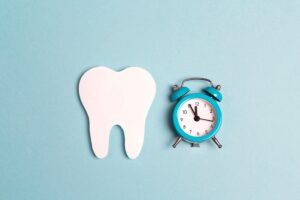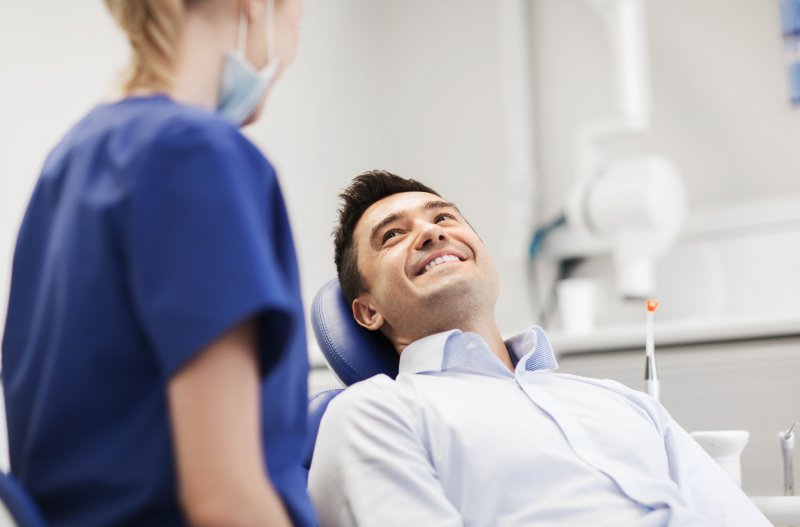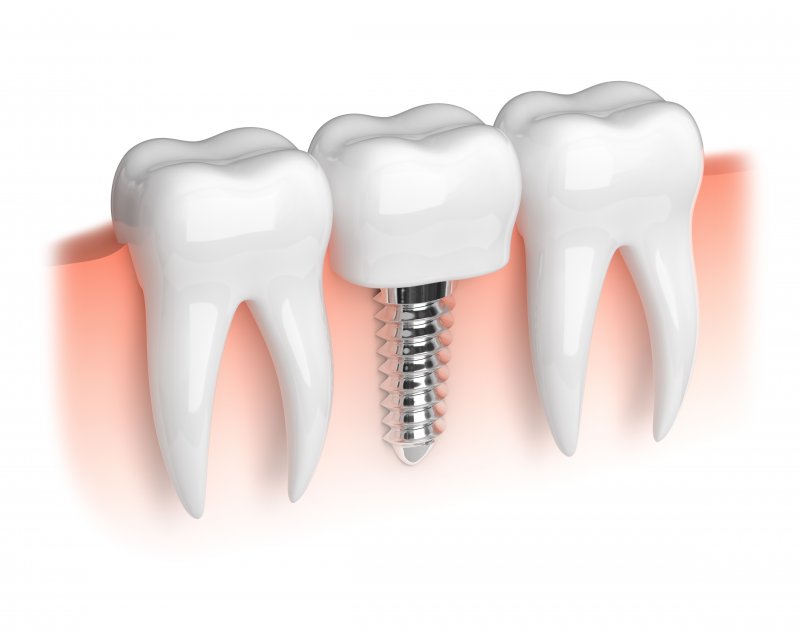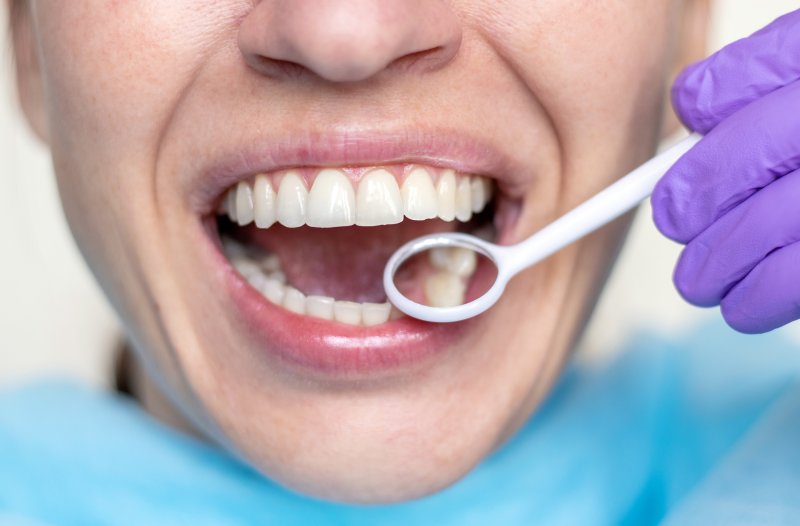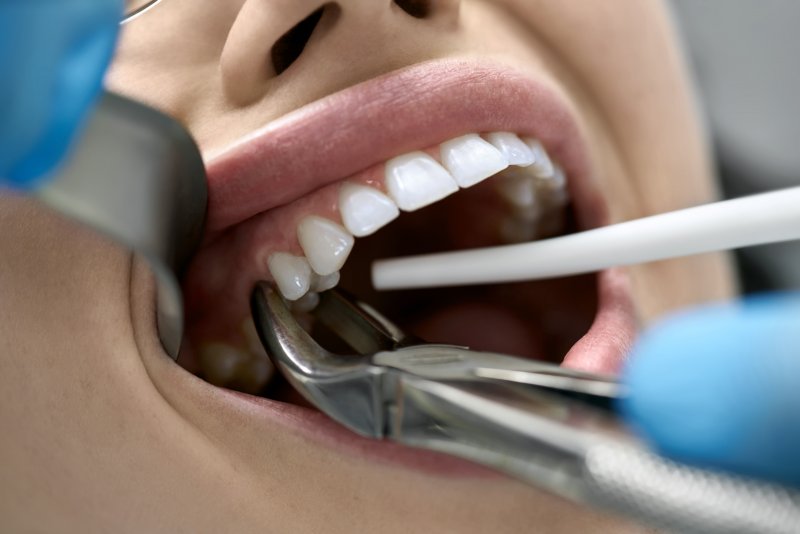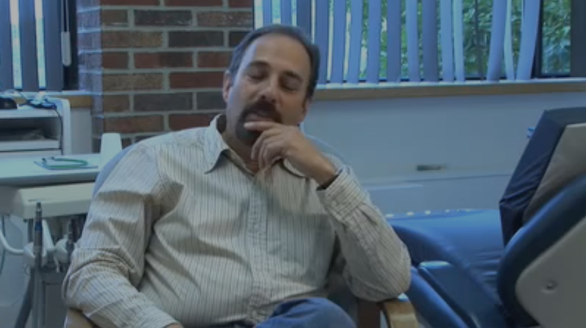Elderly individuals with fewer teeth, poor dental hygiene, and more cavities constantly ingest more dysbiotic microbiota, which could be harmful to their respiratory health, according to new research published in the journal mSphere. The findings come from a large, population-based study that identified variations in the tongue microbiota among community-dwelling elderly adults in Japan.
“Fewer teeth, poorer dental hygiene, and more dental caries (cavities) experience are closely related to dysbiotic shift in the tongue microbiota composition, which might be harmful to the respiratory health of elderly adults with swallowing problems,” said corresponding author Yoshihisa Yamashita, PhD, DDS, Section of Preventive and Public Health Dentistry, Division of Oral Health, Growth, and Development, Faculty of Dental Science, Kyushu University, Fukuoka.
Prior to this study, researchers knew that constant aspiration of saliva can lead to pneumonia, a major cause of death among elderly adults with swallowing impairments, and that tongue microbiota are a dominant source of oral microbial populations that are ingested with saliva. Previous research has also shown that in institutionalized frail elderly adults, the dysbiotic shift of indigenous tongue microbiota is associated with an increased risk of death from pneumonia.
In the new study, Dr. Yamashita and colleagues set out to understand the variations in tongue microbiota composition related to oral health conditions among community-dwelling elderly adults and to identify factors associated with the dysbiotic shift in the tongue microbiota. They investigated the tongue microbiota status and dental conditions of 506 adults aged 70 to 80 years living in the town of Hisayama, Japan who received a dental examination during a health examination of the town’s residents performed in 2016. The scientists collected the tongue microbiota from the center area of the tongue dorsum using a modified electric toothbrush as a sampling device, and used next-generation sequencing approaches to analyze the samples.
The researchers found that the total bacterial density was independent of the conditions of teeth surrounding the tongue, whereas the microbiota composition, especially the relative abundances of predominant commensals, showed an association with tooth conditions. “Commensal microbiota composition, especially the relative abundances of predominant commensals, showed an association with tooth conditions,” said Dr. Yamashita. “Two cohabiting groups of predominant commensals exist in the tongue microbiota; one of which was primarily composed of Prevotella histicola, Veillonella atypica, Streptococcus salivarius, and Streptococcus parasanguinis, which have been previously associated with an increased risk of mortality due to pneumonia in the frail elderly. This bacterial group was more predominant in the elderly with fewer teeth, a higher plaque index, and more dental caries-experienced teeth.”
The study highlights the importance of dental health. “Careful attention should be given to the tongue microbiota status in elderly adults with poorer dental conditions,” said Dr. Yamashita.


